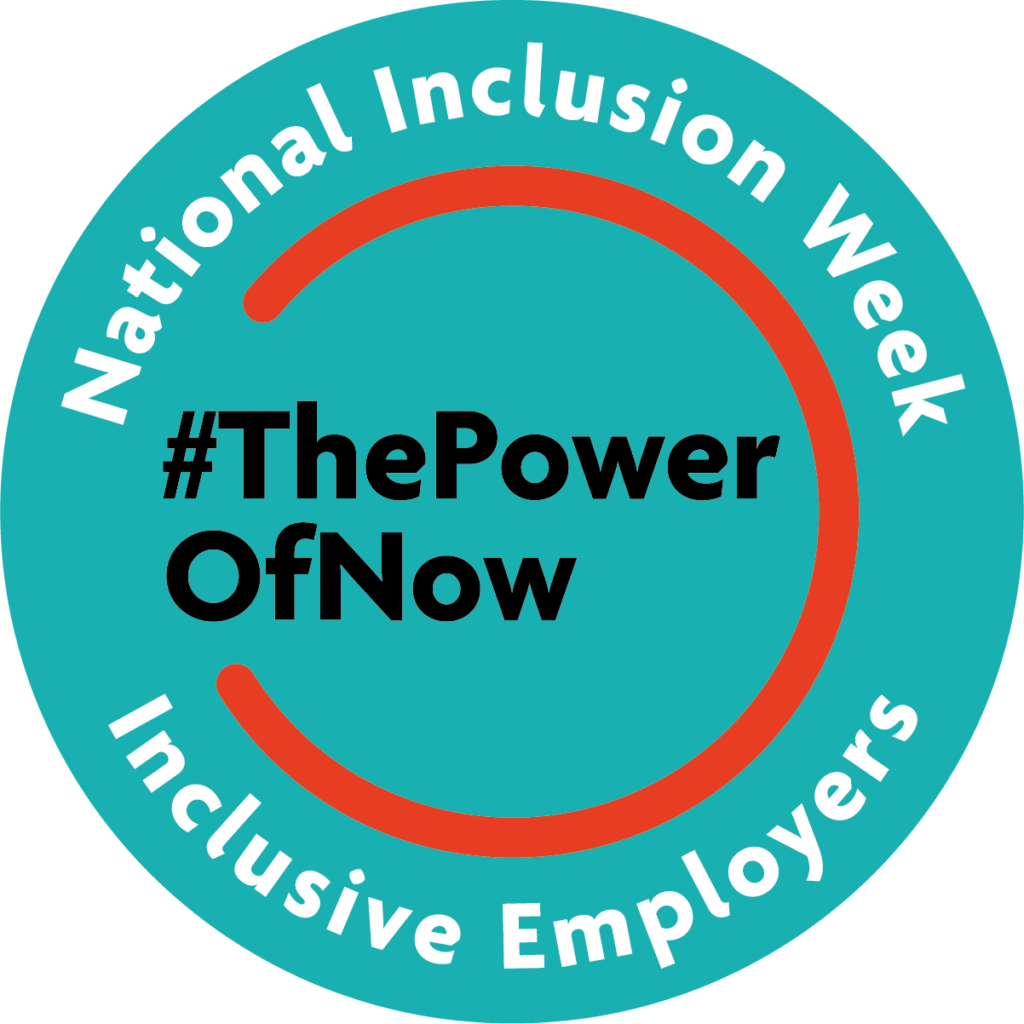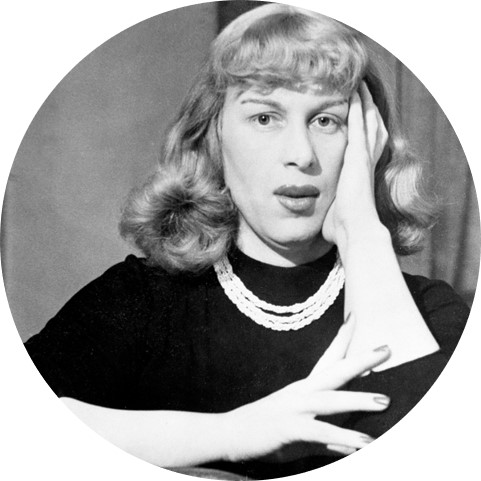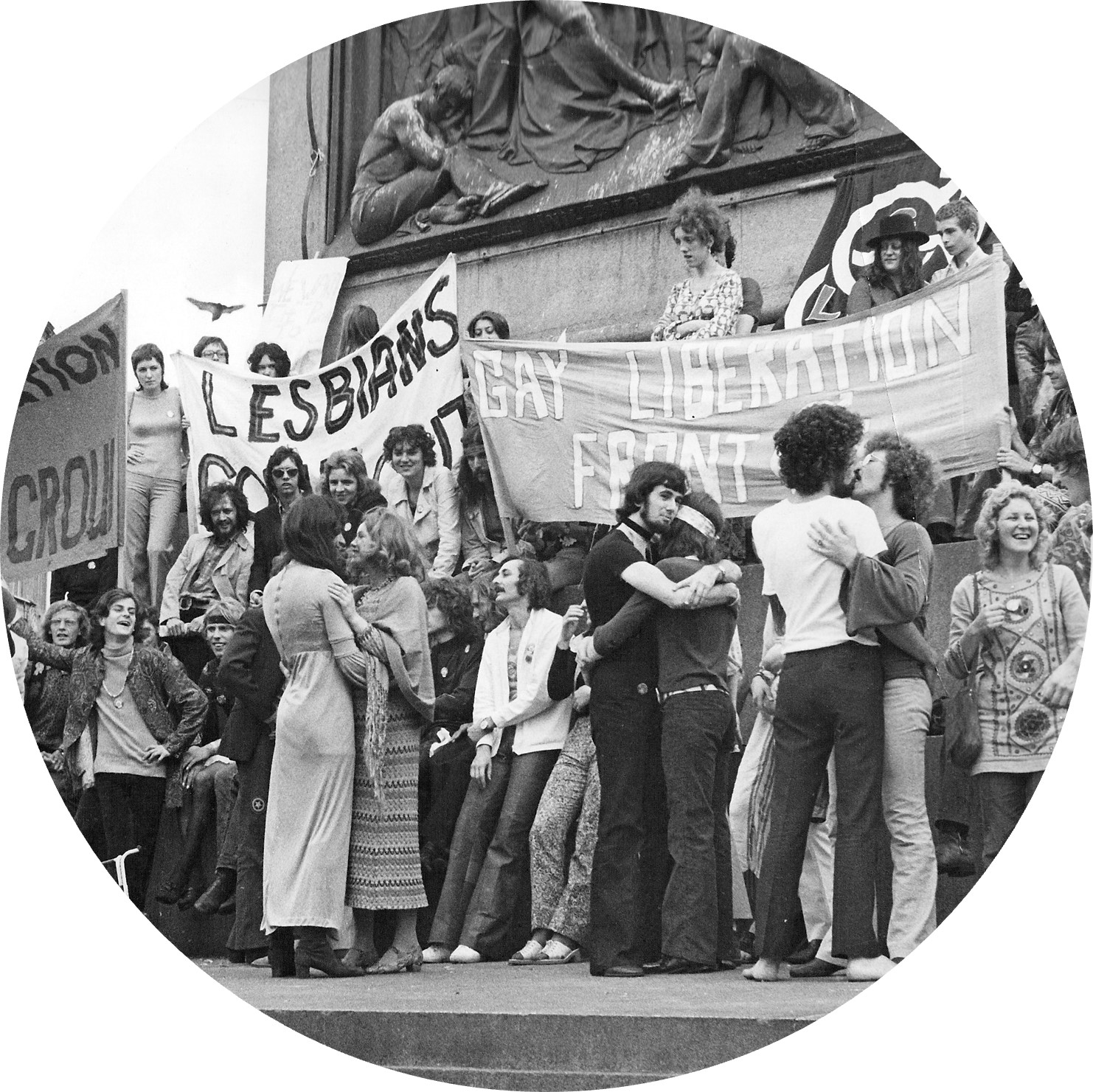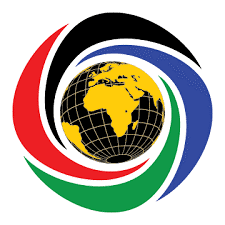National Inclusion Week: Reflections on the Power of Now
Monday 26th September 2022 marked the start of National Inclusion Week (‘NIW’). For some, this signifies a time of celebration and vocalization for inclusivity and equality in the workplace, encompassing not just the LGBT+ community but diversity in its broadest, most intersectional sense. For others, it might represent the first-time concepts such as “workplace inclusion” and “DE&I” are introduced, representing a unique opportunity to deepen understanding of the role of inclusion and the power inclusive environments have on individuals and organisations alike.
For LGBT Great, NIW represents an opportunity to come together as a global community and to reflect on inclusivity in its manifold personal and organisational meanings and to reflect on the specific challenges, opportunities and changes experienced by LGBT+ people at work.
What is NIW?
NIW was founded in 2012 by Inclusive Employers, a UK-based organization specialising in workplace diversity, equity and inclusion. NIW is Inclusive Employers flagship visibility event and attracts a large number of events and communications; it is an excellent platform for kickstarting or continuing the conversation around inclusion. The theme for 2022 is “Time to Act: The Power of Now”.
Below, LGBT Great reflects on the theme for 2022 NIW, “Time to Act: The Power of Now” and the relevance for and impact on the LGBT+ community. To understand what the “Power of Now” might mean for the LGBT+, we first examine how we got to where we are today, before considering where it is we hope to go. Only then can we holistically understand and appreciate the importance and impact our actions have today in shaping that inclusive future.
A Peak into the Past
Without the past, there is no present. The importance of history in shaping our present can often be overlooked. Every social equality movement – universal suffrage, civil rights, anti-apartheid – has its roots in struggle. Rebellion and a continued, dedicated fight for justice are the roots of change. The LGBT+ equality movement is no different. To explore this in more detail, let’s look at three key events that shaped recent LGBT+ history:
1951 | Trans-Affirming Healthcare
Trailblazing trans activists. Roberta Cowell (1918-2011), a trans woman, underwent reassignment surgery. She was assigned male at birth, but later had her sex legally changed to female and underwent one of the first recorded instances vaginoplasty. With trans and non-binary people experiencing disproportionate levels of discrimination and mental health conditions, the importance of trailblazers in the trans community cannot be overstated. Although Cowell’s example sent shockwaves through the medical community, it unfortunately did not represent the paradigm shift in opinion that it could have.
1970 | The Importance of Advocacy
The establishment of the London Gay Liberation Front. This freedom movement was formed after witnessing the effects of GLF in the US. The UK chapter sought to drive positive for LGBT+ rights in the UK. Groups like the GLF are critical in demanding that LGBT+ issues be addressed. With their voices ringing out loudly in marches, lobbying discussions and throughout the community, their influence in driving forward positive change has been monumental. Many of the rights and legislature that protect LGBT+ folks were born out of conversations that groups like the GLF forced policymakers to confront.
1991 | Intersectionality and Pride
The origins of Black Pride. Activists Welmore Cook, Theodore Kirkland and Ernest Hopkins organized the first DC Black Pride in 1991. DC Black Pride is widely regarded as the catalyst for the Black pride movement as a whole, inspiring the modern-day celebrations that take place around the world. The program is now run by a coalition of organisations and led by the Centre for Black Equity.
Looking Ahead by Acting Now
The purest form of inclusion is the normalization of identity. Envisaging a reality where LGBT+ inclusion is globally normalized and natural, and not merely an idealised future state longed for by an underrepresented and overlooked community, is the starting point but requires sustained action to achieve. Much like planting a tree, the best time for this action to occur was years or decades ago; the second-best time is now.
It all begins with the individual. As an individual, there are crucial actions that you can take to ensure that LGBT+ people around you feel included.
Educate and Update
Being familiar with LGBT+ terminology, lingo and news is a strong way to be inclusive. This makes people in the community feel safe and authentic around you while clearly depicting your support for them.
Mistakes are Human
Your efforts for inclusivity are not undermined by genuine mistakes. Own up to your mistake, apologize and rectify. Don’t hinder your efforts in fear of errors, people tend to appreciate authentic endeavours.
Active Allyship is for Everyone
Normalizing LGBT+ inclusivity can only be achieved through support from people outside the community. The moment there is robust allyship from the outside, ubiquitous acceptance and inclusion will follow.
Within an organisational context, there a few things we can do right now that stand to have a sustained and positive impact on establishing that ideal future state of normalisation for LGBT+ DE&I.
Embrace the Role of Data
The LGBT+ community is a flourishing spectrum of identities which burgeon, adapt, and change with time. In a landscape this diverse, an effective way to be inclusive is to have data which captures the uniqueness of individuals. Only then, can we accommodate and include folks effectively and help them truly belong. Employees should feel empowered to submit their diversity data, to understand how it is being used and for what reason.
Ensuring that these reasons are built on a genuine and sustained desire for positive change throughout an organisation is essential.
Strong leaders, visible role models, powerful allies
Role models help us set boundaries, give us a vicarious model of success, and often leverage their voices to shine a light on the reality facing underrepresented communities. When those role models are also in positions of authority within an organisation, they can affect real positive change.
Beyond that, having leaders who are committed and vocal allies enables underrepresented voices to overcome barriers of seniority and (unconscious) bias to speak and drive change at the very top of an organisation, resulting in effective cascade throughout the wider population.
Become more “Pro” Pronouns
With the open use of pronouns being an increasingly important facet of LGBT+ expression and identity validation, it is crucial the conversation around LGBT+ inclusive language continues to mature. Pronoun usage is not just for members of the LGBT+ community, although certainly the genesis of pronoun usage sits with our trans and non-binary siblings; rather, acknowledging one’s pronouns in a visible way in both written and verbal contexts builds confidence and improves inclusion.
This NIW, LGBT Great charges all our network to consider the small and large actions you can take within your specific sphere of influence and to commit to doing at least one thing now to push the dial further in the direction of LGBT+ inclusion. Inaction is anathema to progress, after all.
***
Shreyas Dutta is a Research Analyst at LGBT Great.




